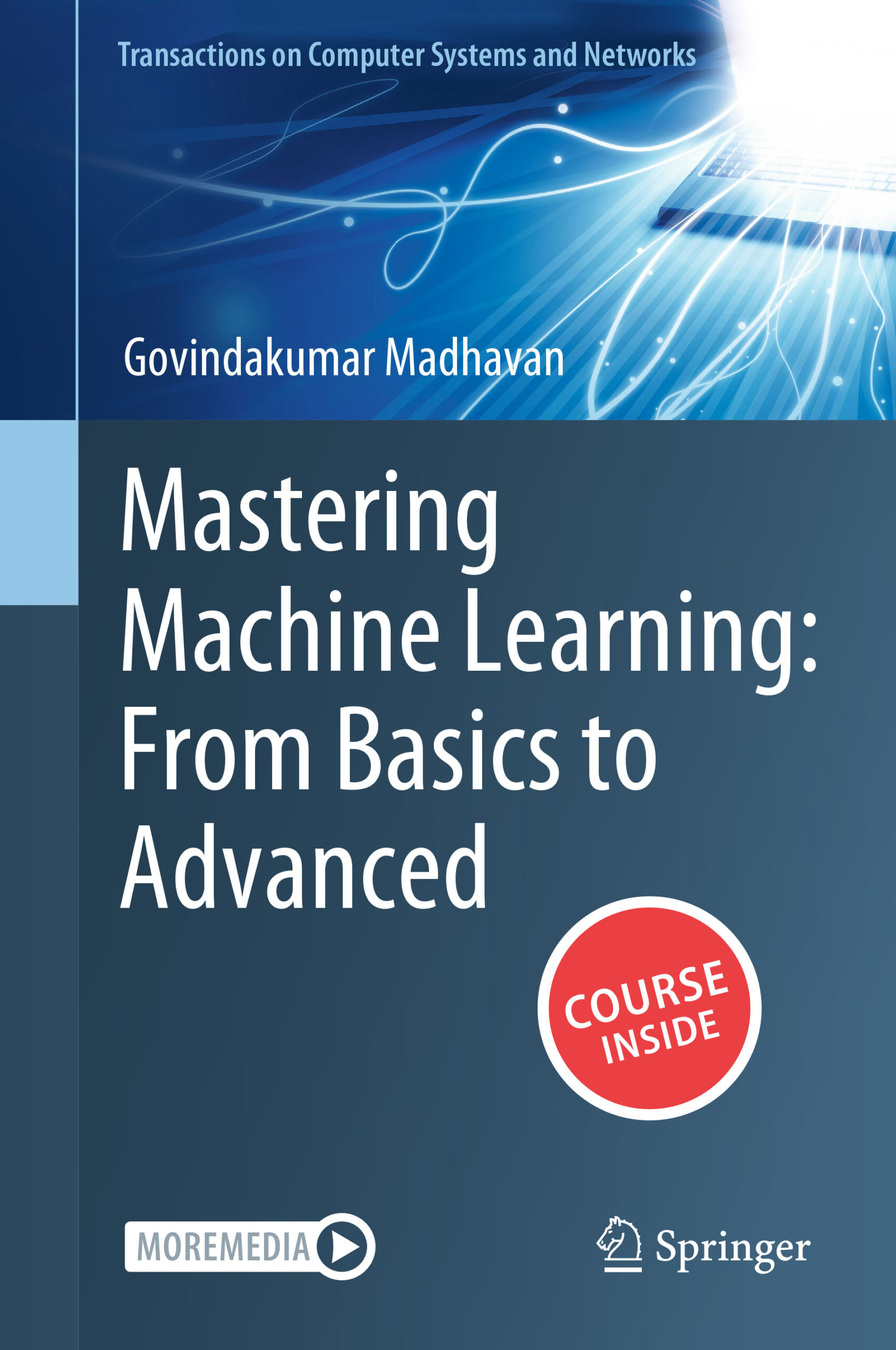RapidRAW: GPU-Accelerated RAW Editor Built by an 18-Year-Old
An 18-year-old developer created RapidRAW, a high-performance, GPU-accelerated RAW image editor for Windows, macOS, and Linux in just 14 days using Rust and React, leveraging Google Gemini AI models. This lightweight (under 30MB) editor boasts AI-powered masking, generative editing capabilities, and a non-destructive workflow, making it a compelling alternative to Adobe Lightroom.






